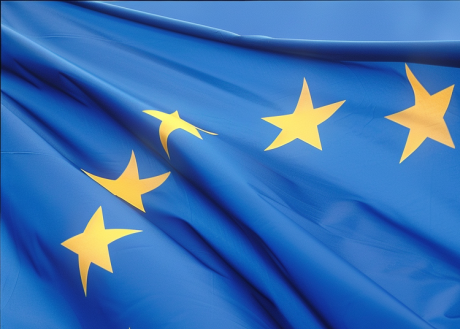Finnish Industries EK: EU Needs to Focus on Economic Growth and Strengthen Joint Investment Funding
According to the Confederation of Finnish Industries EK, the primary task of the next European Commission should be to enhance competitiveness. The green transition must become a driver for growth. Finland must now advocate for EU-level financing based on excellence principle so that the funding is directed to the best projects from companies. Recent survey results indicate that Finnish companies want more streamlined EU regulation and the reduction of reporting obligations.
The Confederation of Finnish Industries EK shared its expectations for the next Commission work programme while celebrating five decades of advocacy in Brussels – Finland’s industry organization established its office in Brussels in 1974.
Jyri Häkämies, Director General of EK, assessed that the general political guidelines of President Ursula von der Leyen’s new Commission align well with EK’s goals.
“It is excellent that competitiveness and investment are now emphasized more strongly, and their fundamental link to the green transition is recognized. Strengthening the defense industry and security of supply is also essential. The potential for growth of trade in services should also be part of the strengthening of the Single Market, as it has a positive impact on employment in Europe. However, the key question is how these objectives are going to be achieved. This calls for active advocacy.”
According to Häkämies, EK’s concerns relate in particular to competition and state aid policies. In order to avoid excessive state aid competition between Member States, an EU level solution for supporting green investments must be found.
Clean Industrial Deal is Essential for Future Growth
It is essential to achieve an economic turnaround in Europe. For this end, EK considers the Clean Industrial Deal to be particularly significant, as it intersects with key areas of Europe’s economic prospects.
The Clean Industrial Deal aims at a strong acceleration of green investments and development of financing solutions for them. The preparation of future EU investment funding is well underway, and according to Häkämies, the debate should not get stuck solely on the issue of joint debt:
“The essential point is to ensure that the rules and, above all, the allocation criteria for future funding are as smart as possible, genuinely enhancing Europe’s competitiveness.”
In terms of allocation criteria for EU investment funding, EK is advocating for two main objectives:
- Funding should be allocated directly to companies and their investment projects, not earmarked for member states based on, for example, their share of GDP.
- The funding must be based on the excellence principle so that companies compete for funding based on the true quality of their projects.
EK also expects a clear EU plan for advancing Ukraine’s reconstruction efforts both during and after the war. To involve European companies broadly in the reconstruction process, EK proposes a consortium model at the EU level. Sustainable European reconstruction solutions are necessary to support Ukraine’s path toward EU membership.
Regulation Must Be Implemented to Improve Competitiveness and Productivity
There is a need to better leverage digitalisation, data, AI, and other emerging technologies to boost productivity and growth. The key lies in the smart implementation of digital regulation. The massive amount of regulation has slowed technological innovation and economic progress in Europe, a point that is also highlighted in the Draghi report. In this respect, the future Commissioner Henna Virkkunen‘s portfolio is extremely significant.
The bar for better regulation must be set high across the board. According to EK’s own survey results, reducing reporting obligations is the number one measure recommended by the Finnish companies to boost EU competitiveness, Häkämies notes:
“It is crucial to seize von der Leyen’s initiative, which aims to reduce reporting obligations for companies by a quarter, and by as much as 35% for SMEs. This goal must be pursued in a concrete, measurable, and result-oriented way.”
Streamlined Regulation: the Top Priority for Finnish companies
In a company survey, EK examined the expectations of Finland’s business sector for EU policy in the coming years:
- The overwhelming priority for companies to enhance Europe’s competitiveness is business-friendly regulation and the reduction of reporting obligations (over 60% of respondents considered it important).
- Regarding measures to strengthen Europe’s global investment attractiveness, the most popular solution was streamlining permitting and other administrative processes (65% of respondents considered it important). The second most important factor in enhancing investment attractiveness was the predictability of EU legislation (50%).
- 95% of companies believe that Finland must actively influence EU regulation at an early stage. 92% consider it important to ensure sufficient representation of Finns in EU posts to safeguard an understanding of Finland’s circumstances and ensure information flow.
The company survey was conducted in September 2024, with 430 companies responding. Explore the results in infographic form.
